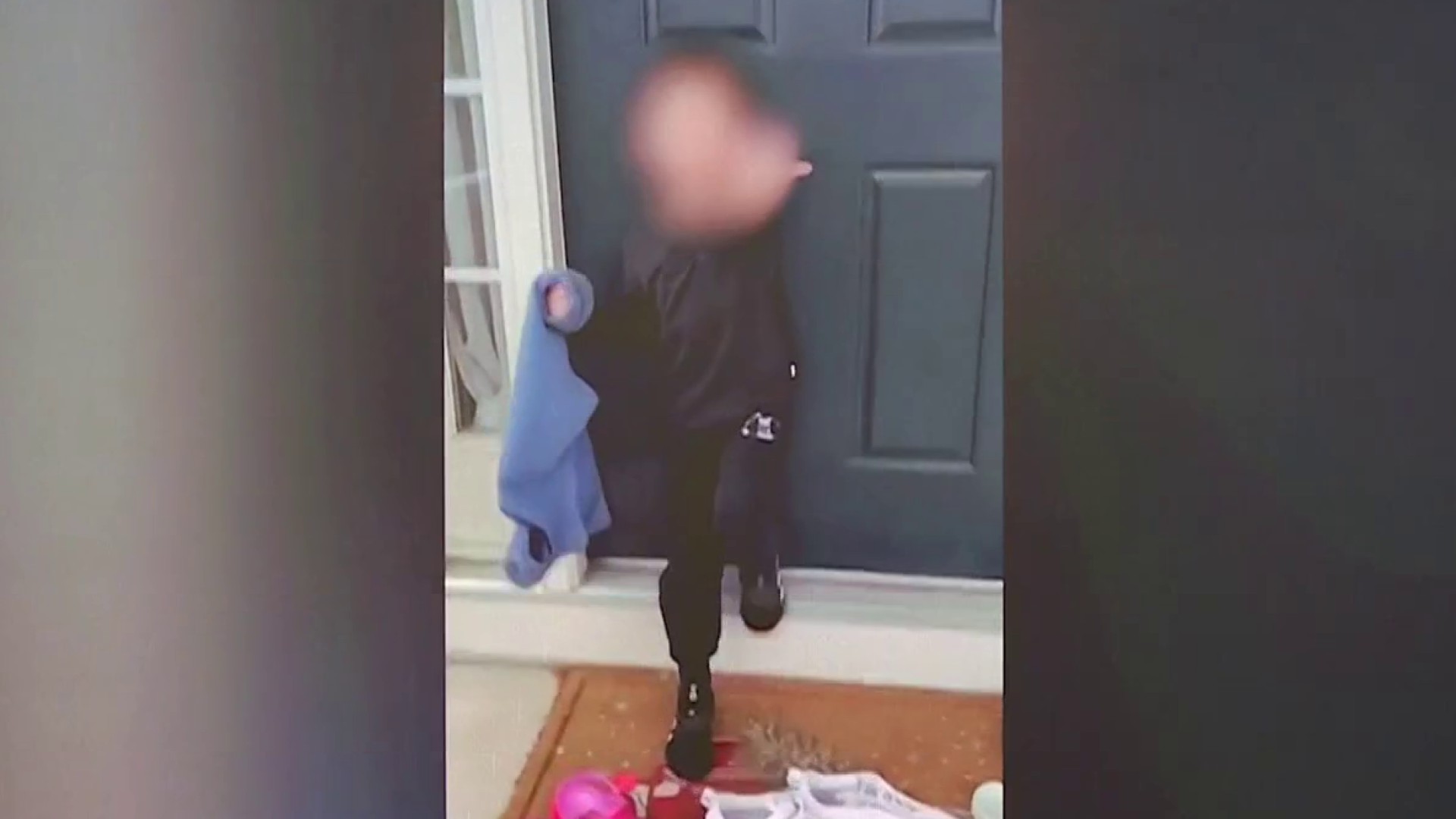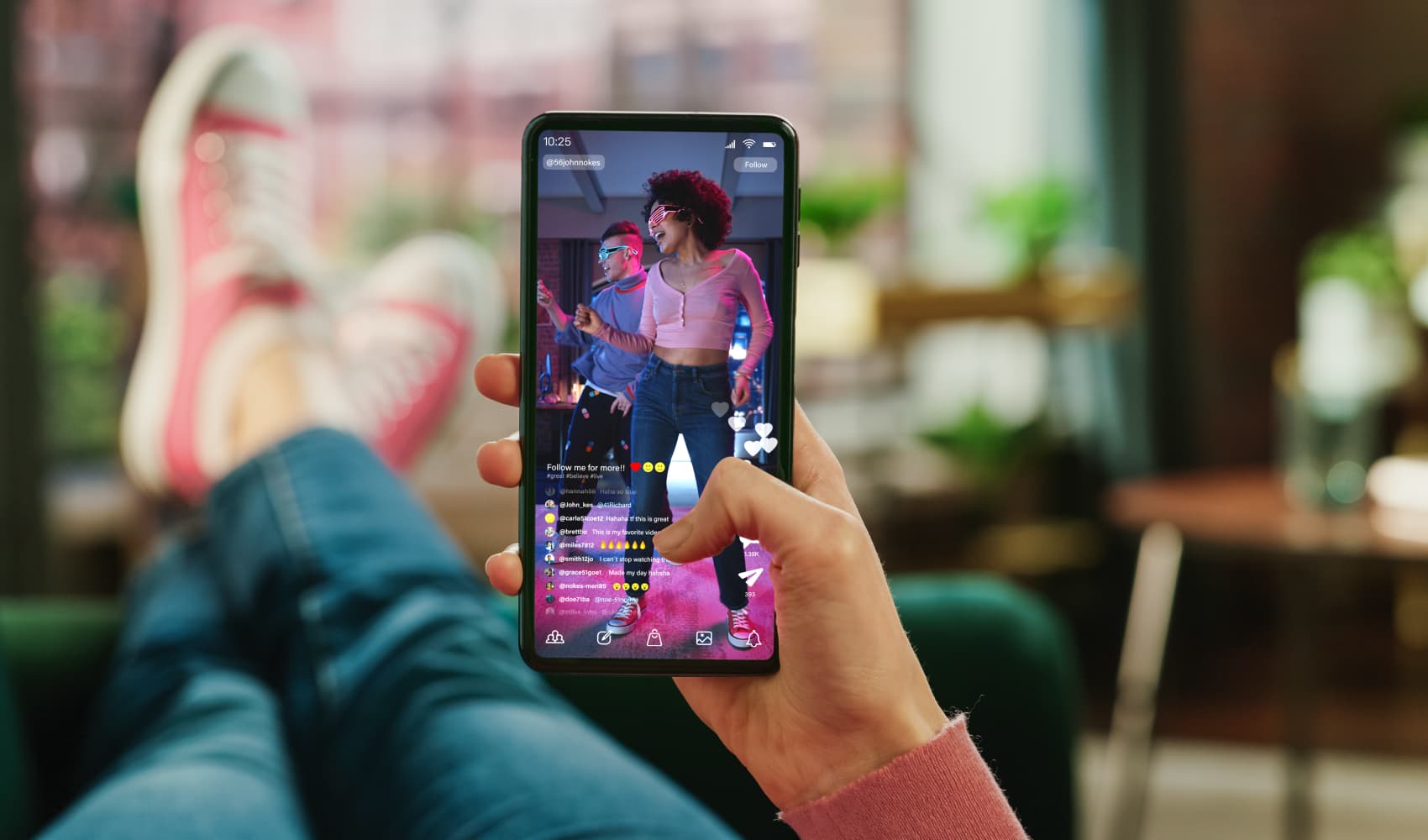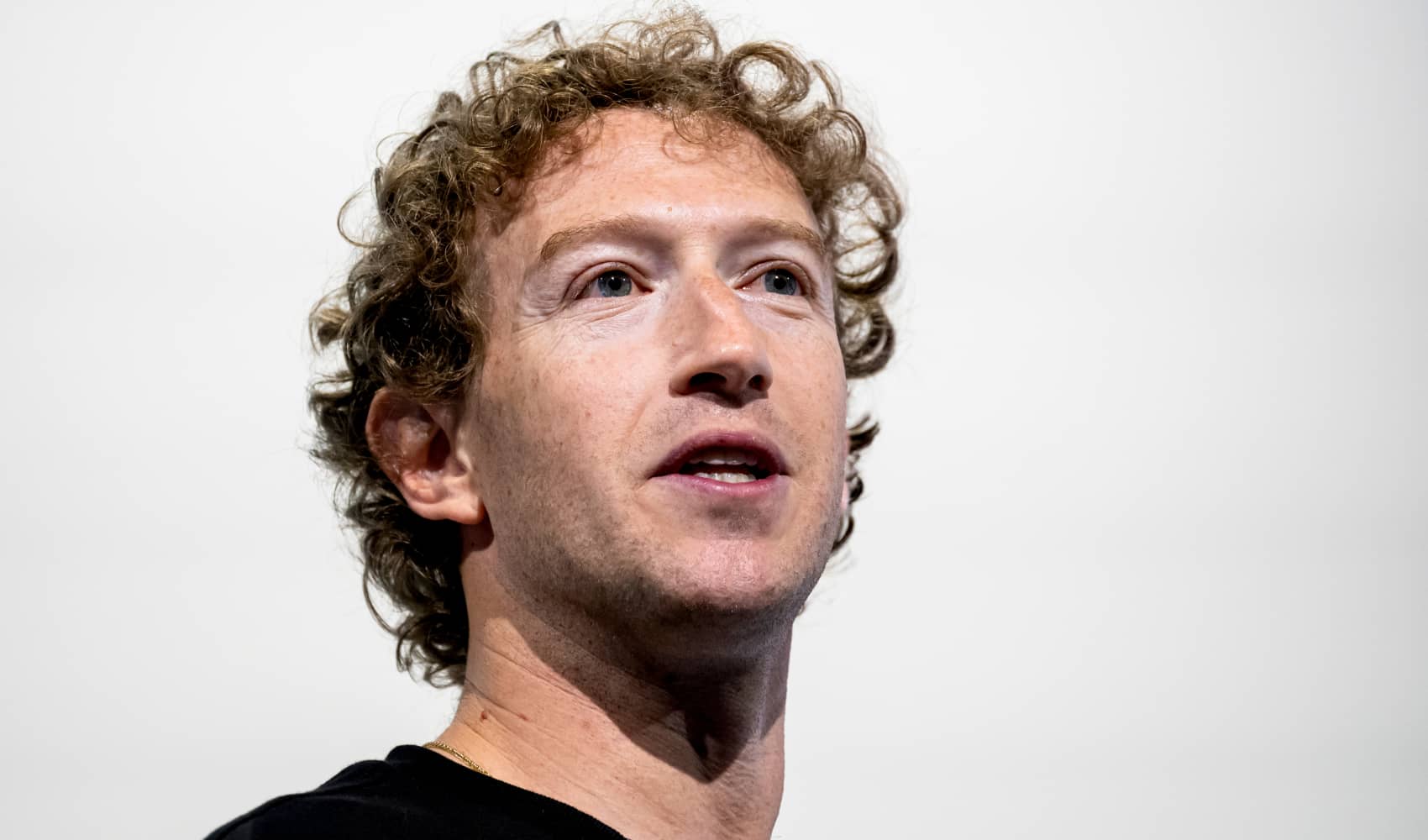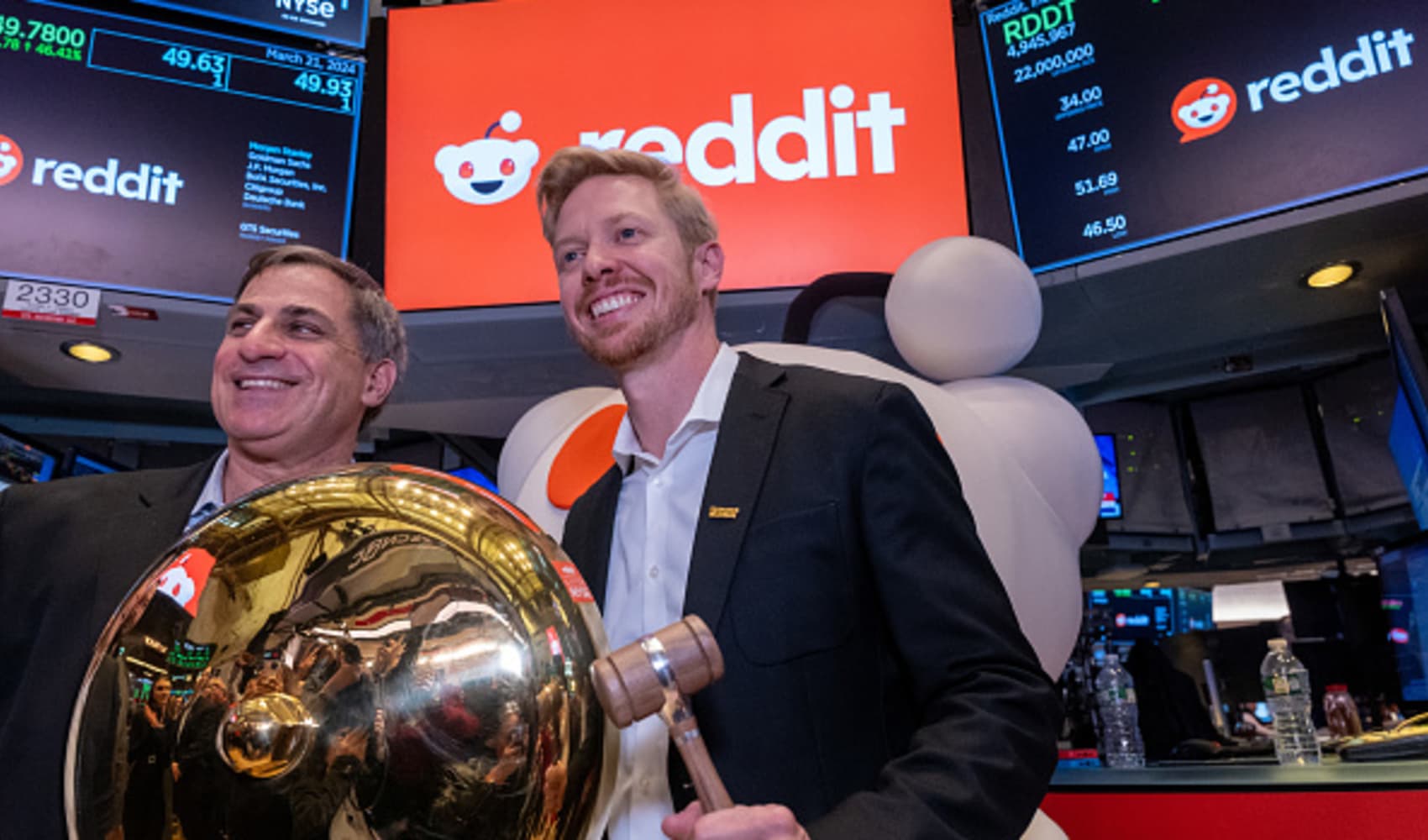Pedro Pascal Slams J.K. Rowling: Why He Called Her Heinous
Pedro Pascal Slams J.K. Rowling: "Heinous Loser Behavior" Exposed!
Introduction
Woah! Things just got real between "The Last of Us" heartthrob Pedro Pascal and "Harry Potter" author J.K. Rowling. It seems Pascal isn't holding back his feelings about Rowling's recent social media activity regarding transgender women and their rights. Get ready for the tea because this story is brewing strong!
Pedro Pascal's Powerful Accusation
Pedro Pascal accused J.K. Rowling of "heinous loser behavior" following her celebratory post after a U.K. court decision concerning the definition of women. This wasn't a subtle jab; it was a direct hit in the comments section of an Instagram video calling for a boycott of Rowling's empire. Ouch!
The Instagram Video Heard 'Round the World
The video, posted by activist Tariq Raouf, criticized Rowling for what he perceived as "reveling" in the U.K. Supreme Court's ruling. The ruling stated that the Equality Act defines women as those born biologically female. Raouf's call to action resonated with many, including Pascal, who clearly felt compelled to speak out.
Rowling's Controversial Celebration
Rowling's social media post that sparked the outrage featured a photo of herself enjoying a drink and cigar, accompanied by the caption: "I love it when a plan comes together. #SupremeCourt #WomensRights." This seemingly innocuous post ignited a firestorm, highlighting the deep divisions surrounding her views on transgender issues. Was this a genuine celebration, or a deliberate act of defiance? You decide.
J.K. Rowling's Stance: A Deeper Dive
Transgender Rights and Rowling's Concerns
Rowling has been vocal about her views on transgender women and their rights for years, often engaging in heated debates on social media. Her primary concern, as she has articulated it, revolves around the safety and rights of cisgender women and girls. She has expressed anxieties about the potential impact of inclusive policies on single-sex spaces. But are these concerns valid, or are they rooted in transphobia? That’s the million-dollar question.
Criticism and Accusations
Rowling's stance has drawn intense criticism from many, who accuse her of transphobia and of undermining the rights and dignity of transgender people. Critics argue that her views contribute to a hostile environment for trans individuals, fueling discrimination and violence. The backlash has been significant, impacting her reputation and legacy. Is she willing to double down on her views despite the cost?
Pascal's History of Transgender Advocacy
A Supportive Family Member
Pedro Pascal has publicly supported his sister, Lux Pascal, who is a transgender woman. He has consistently used his platform to advocate for transgender rights and visibility. This personal connection likely fuels his strong reaction to Rowling's comments. It's clear this isn't just a political stance for him; it's deeply personal.
Public Statements and Support
Pascal has often spoken out in support of the transgender community, using his social media presence to amplify transgender voices and promote understanding. He has also expressed his solidarity with transgender individuals facing discrimination and prejudice. Is this genuine allyship, or is he just virtue signaling? Considering his family connection, the former seems more likely.
The Fallout: Boycotts and Public Opinion
Calls to Boycott Harry Potter
Following Rowling's controversial statements, calls to boycott the "Harry Potter" franchise have grown louder. Some fans have vowed to no longer support the books, movies, or related merchandise. The controversy has undoubtedly impacted the franchise's image and profitability. Can "Harry Potter" survive the storm?
Shifting Public Perception
Public opinion on Rowling has become increasingly polarized. While some continue to defend her right to express her views, others have distanced themselves from her and her work. The controversy has sparked broader conversations about transgender rights, cancel culture, and the responsibilities of public figures. It's a complex situation with no easy answers.
The Impact on "The Last of Us"
Pascal's Image and Career
Will Pascal's outspoken stance affect his career? While some may disagree with his views, his popularity and talent likely insulate him from significant backlash. In fact, his willingness to stand up for what he believes in may even enhance his appeal to some audiences. Authenticity is a powerful currency, after all.
Controversy and the Show's Reception
It's unlikely that Pascal's personal views will have a major impact on the reception of "The Last of Us," a show praised for its compelling storytelling and diverse representation. The show's success speaks for itself, transcending any individual controversies. But will the controversy overshadow the show's achievements in some corners of the internet?
The Role of Social Media in Celebrity Activism
Amplifying Voices, Sparking Debates
Social media has become a powerful tool for celebrities to express their opinions and engage in activism. It allows them to reach a wide audience and directly address issues they care about. However, it also exposes them to intense scrutiny and criticism. Is this a double-edged sword? Absolutely.
The Risks and Rewards
Celebrity activism can be risky, potentially alienating fans and jeopardizing their careers. However, it can also be incredibly rewarding, allowing them to make a positive impact on the world and inspire others to take action. It's a delicate balancing act, requiring careful consideration and a strong sense of conviction.
Understanding Transgender Rights: A Primer
Gender Identity vs. Biological Sex
It's crucial to understand the distinction between gender identity and biological sex. Gender identity refers to a person's internal sense of self as male, female, both, or neither. Biological sex refers to the physical characteristics typically associated with males and females at birth. These are not always aligned.
The Importance of Inclusivity
Advocates for transgender rights argue that everyone deserves to be treated with dignity and respect, regardless of their gender identity. Inclusive policies, such as allowing transgender people to use restrooms that align with their gender identity, are seen as essential for creating a welcoming and equitable society. Exclusion breeds discrimination.
Moving Forward: Dialogue and Understanding
This controversy highlights the need for continued dialogue and understanding surrounding transgender rights. It's essential to listen to and learn from transgender voices, and to challenge misinformation and prejudice. Only through open and respectful conversations can we build a more inclusive and just world.
Conclusion
The clash between Pedro Pascal and J.K. Rowling underscores the ongoing debate about transgender rights and the responsibilities of public figures. Pascal's strong condemnation of Rowling's views reflects his unwavering support for the transgender community, while Rowling's continued defense of her stance highlights the deep divisions within society. Ultimately, this situation serves as a reminder of the importance of empathy, understanding, and respectful dialogue.
Frequently Asked Questions
Q1: What exactly did J.K. Rowling say that caused the controversy?
A1: Rowling celebrated a U.K. court decision regarding the definition of women with a social media post that many interpreted as insensitive and exclusionary towards transgender women. Her past statements on transgender issues have also contributed to the ongoing controversy.
Q2: What is Pedro Pascal's connection to the transgender community?
A2: Pedro Pascal is a vocal supporter of the transgender community, and his sister, Lux Pascal, is a transgender woman. This personal connection likely influences his strong advocacy for transgender rights.
Q3: Has the Harry Potter franchise been affected by the controversy?
A3: Yes, the Harry Potter franchise has faced calls for boycotts and a shift in public perception due to Rowling's views. Some fans have chosen to distance themselves from the franchise as a result.
Q4: What are some of the arguments for and against Rowling's views on transgender issues?
A4: Rowling argues for the protection of single-sex spaces for cisgender women, citing concerns about safety and fairness. Critics argue that her views are transphobic and harmful to the transgender community, undermining their rights and dignity.
Q5: How can I learn more about transgender rights and support the transgender community?
A5: You can educate yourself by reading books, articles, and personal stories from transgender individuals. You can also support organizations that advocate for transgender rights and promote understanding and acceptance.









